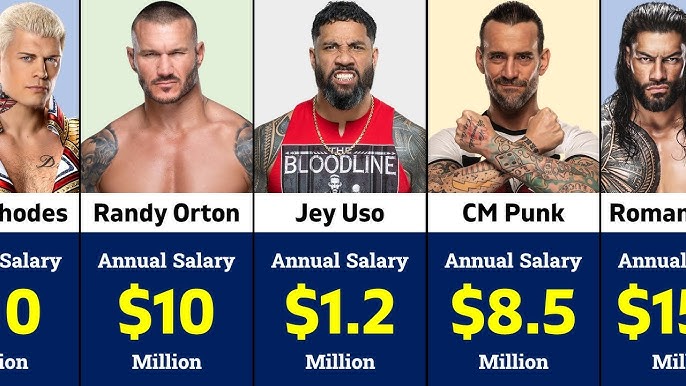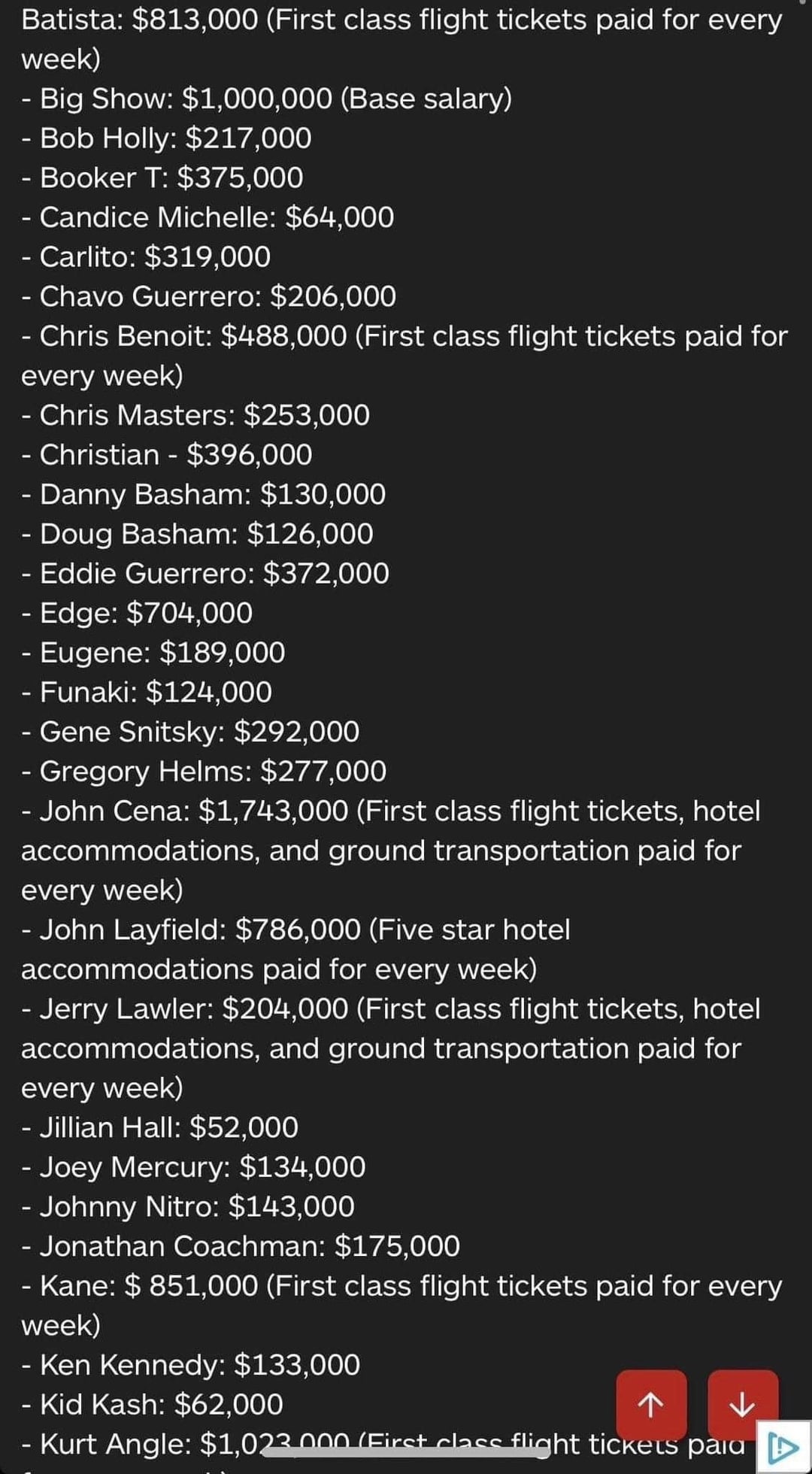Alright, let me tell you about my deep dive into WWE contracts. It was a wild ride, man.

So, it all started when I was just kinda screwing around online, looking at wrestling news, and I stumbled upon this article about how WWE contracts work. I was like, “Huh, that’s kinda interesting.” I mean, I’ve been watching wrestling since I was a kid, but I never really thought about the business side of things.
I started digging, reading everything I could find online. I mean everything. News articles, forum posts, even some legal documents (or at least summaries of them). I wanted to know how these deals are structured, what kind of money these wrestlers are making, what rights they have, and what happens if they want to leave.
It was a lot of information, like seriously overwhelming. I quickly realized that WWE contracts are complicated. They’re not just simple employment agreements. There are clauses about intellectual property, image rights, appearances, merchandise sales… the whole shebang.
One thing that really stood out to me was the difference between being an “independent contractor” vs. an “employee.” WWE wrestlers are technically classified as independent contractors, which has some pretty big implications for things like healthcare and benefits. It’s a whole legal grey area, and there’s been a lot of debate about it over the years.
I decided to try and make sense of it all by putting together a little summary for myself. Just bullet points, key terms, examples of specific contract details I had gleaned from online sources. Basically, a cheat sheet to keep it all straight.

- Term Length: How long the contract lasts. Usually a few years, but it can vary.
- Compensation: How much the wrestler gets paid. Base salary, plus bonuses for appearances, PPV performances, merchandise sales, etc.
- Exclusivity: Can the wrestler work for other wrestling promotions while under contract? Usually not.
- Image Rights: Who owns the rights to the wrestler’s name, likeness, etc.? This is a big one.
- Termination Clauses: What happens if the wrestler wants to leave before the contract is up? Or if WWE wants to release them?
After that I started looking into specific contracts of famous wrestlers, you can find it all if you dig deep enough. I tried to see how these general terms played out in real-world situations. It was fascinating to see how different wrestlers negotiated different deals.
Honestly, after all that reading and research, I still don’t have all the answers. WWE contracts are notoriously secretive. But I feel like I have a much better understanding of how the system works, and how these wrestlers are compensated and protected (or not protected) under these deals.
It’s a complicated world, the world of professional wrestling contracts. I’m glad I took the time to look into it.










